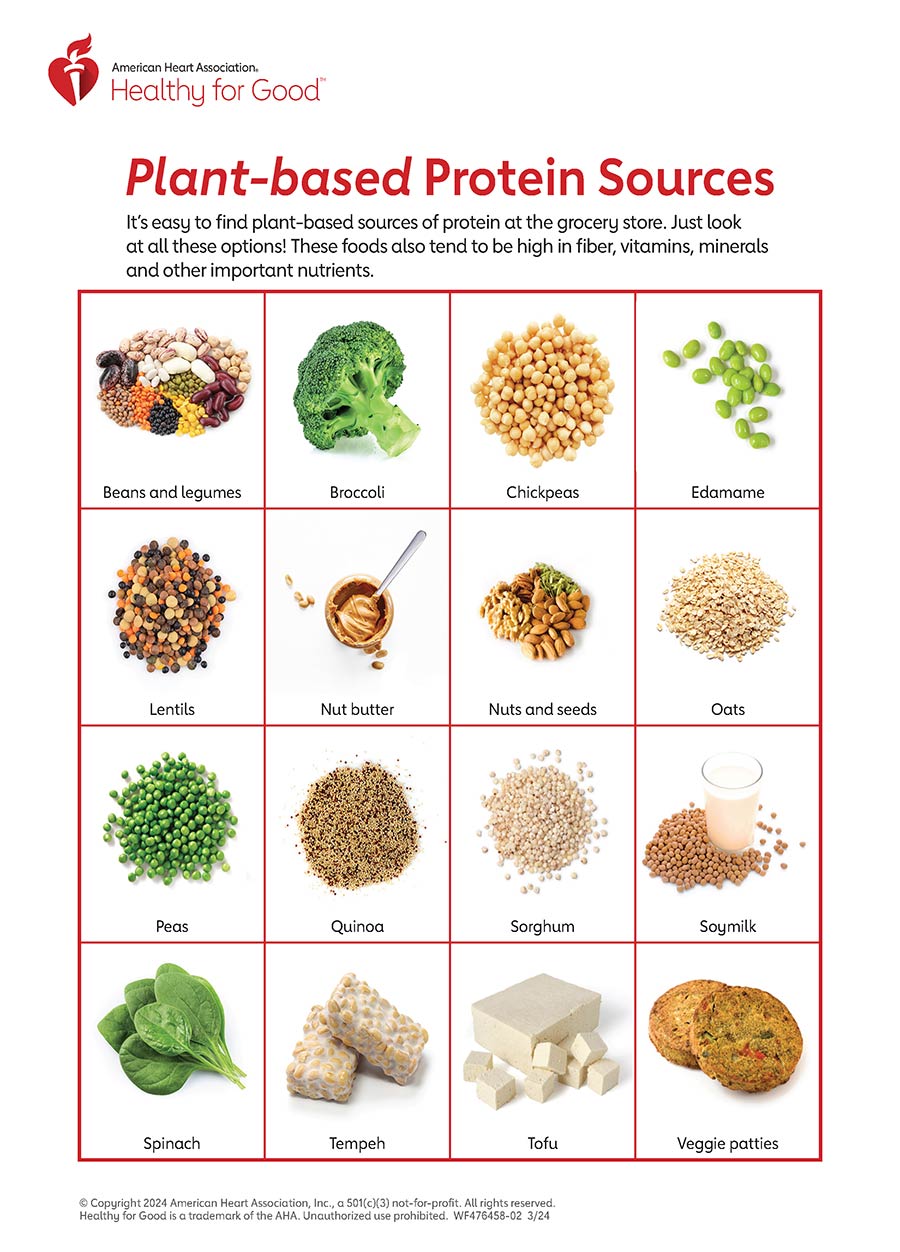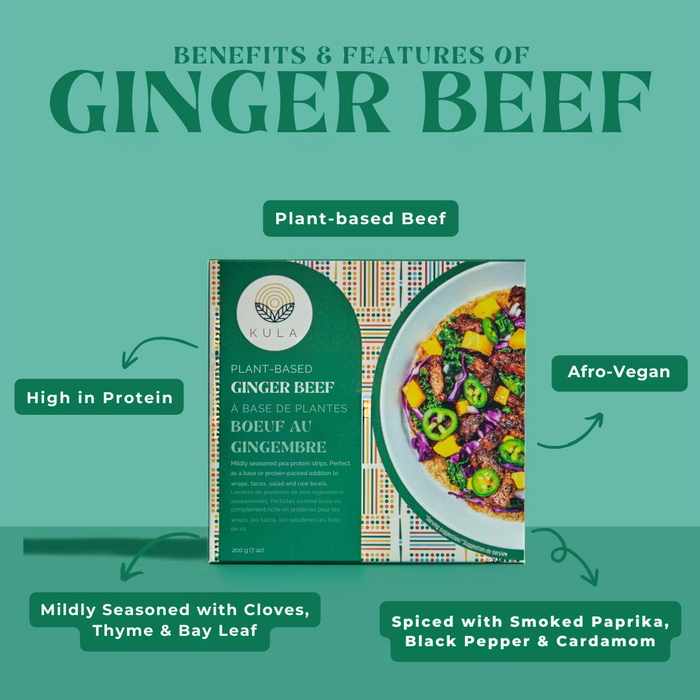All Regarding Healthy Food: Advantages of Embracing Plant Based Options
The discussion surrounding plant-based diets has actually acquired significant attention recently. Numerous individuals are discovering the potential health advantages, nutritional benefits, and environmental impacts connected with these nutritional choices. As people come to be much more aware of their food's impact on wellness and sustainability, inquiries arise about the usefulness of embracing such a way of living. What specific modifications can one anticipate, and how might these choices reshape not only individual health yet additionally the world's future?
Recognizing Plant-Based Diet Plans
Several individuals connect plant-based diet plans generally with vegetarianism or veganism, these diets can encompass a wide range of eating patterns that prioritize entire, minimally processed plant foods. Such diet regimens frequently include fruits, vegetables, entire grains, seeds, nuts, and vegetables, while limiting or getting rid of pet items. This flexibility enables people to tailor their dietary selections according to individual choices and nutritional needs. Some may take on a mostly plant-based diet regimen while still periodically consuming meat or dairy products, commonly referred to as a flexitarian strategy. The emphasis remains on incorporating even more plant foods, which can lead to a varied array of dishes and tastes. Understanding these numerous analyses of plant-based eating is important for appreciating its access and appeal in modern food culture.
Health Perks of Plant-Based Foods
The health advantages of plant-based foods are considerable, using a nutrient density advantage that sustains overall health. Study shows that these foods can boost heart health and play an essential duty in effective weight administration. By integrating extra plant-based choices, individuals may improve their dietary selections and advertise long-lasting wellness.
Nutrient Thickness Benefit
Nutrient thickness plays an essential duty in the wellness benefits of plant-based foods, making them an engaging option for those looking for a balanced diet regimen. Plant-based foods, such as fruits, veggies, vegetables, nuts, and whole grains, are usually abundant in vital vitamins, minerals, and antioxidants while being lower in calories. This high nutrient thickness enables people to consume less calories while still fulfilling their dietary requirements. Furthermore, these foods are packed with dietary fiber, promoting digestive health and wellness and helping in weight management. By including nutrient-dense plant-based alternatives, customers can boost their overall health, sustain their immune systems, and minimize the risk of chronic diseases. Inevitably, the nutrient density of plant-based foods underscores their value in a health-conscious way of life.
Heart Wellness Improvement

Weight Administration Support
Along with advertising heart wellness, a plant-based diet regimen can substantially assist in weight management. This nutritional approach stresses entire foods such as fruits, veggies, beans, nuts, and entire grains, which are usually reduced in calories and greater in fiber contrasted to animal-based items. The high fiber web content helps increase satiety, lowering overall calorie intake. Plant-based diet plans are often rich in crucial nutrients while reduced in unhealthy fats, making it less complicated to preserve a healthy and balanced weight. Research study shows that people that embrace a plant-based way of living have a tendency to have reduced body mass indexes (BMIs) and experience more successful weight loss compared to those that eat meat-heavy diet regimens. Consequently, welcoming plant-based alternatives is a calculated choice for effective weight monitoring
Nutritional Value of Plant-Based Components
Plant-based components are abundant in important nutrients, using a varied array of vitamins, minerals, and anti-oxidants that add to general health. A contrast of healthy protein resources discloses that while animal products are usually deemed exceptional, several plant-based options provide sufficient healthy protein and various other valuable compounds. Comprehending the nutritional worth of these components can assist people make educated nutritional selections.
Vital Nutrients in Plants
Nutrient-rich active ingredients discovered in plants use a varied variety of important vitamins and minerals that add considerably to overall wellness. These components are abundant in vitamins A, C, and K, which support immune feature, vision, and blood clotting, respectively. Additionally, plants give vital minerals such as potassium, calcium, and magnesium, essential for heart wellness, muscle function, and bone toughness. The existence of fiber in plant-based foods aids digestion and promotes a healthy and balanced intestine microbiome. Anti-oxidants, located perfectly in fruits and veggies, aid fight oxidative anxiety and reduce inflammation. Furthermore, many plant foods are reduced in calories yet high in nutrients, making them a superb choice for those looking for to maintain a healthy weight while making certain excellent nutrient consumption.
Comparing Protein Resources
Protein resources differ significantly in their dietary accounts, with plant-based components providing one-of-a-kind benefits. Unlike animal healthy proteins, which frequently have saturated fats and cholesterol, plant proteins often tend to be reduced in these undesirable components. Legumes, nuts, seeds, and entire grains are rich in important amino acids, fiber, vitamins, and minerals. As an example, lentils give high protein material along with considerable iron and folate, while quinoa is a full healthy protein, supplying all nine important amino acids. In addition, plant-based healthy proteins are usually gone along with by antioxidants and phytochemicals that support overall health. The shift to plant-based protein resources not just improves nutritional consumption however additionally lines up with sustainable nutritional practices, lowering ecological effect and advertising lasting health benefits.
Ecological Effect of Plant-Based Eating
As understanding of environment adjustment expands, many people are discovering lasting nutritional options that can considerably lessen their ecological footprint. Plant-based eating has arised as a significant contributor to decreasing greenhouse gas exhausts, which are mostly related to animals production. The growing of fruits, beans, grains, and veggies commonly needs less sources, such as water and land, compared to animal farming. Additionally, plant-based diet plans can result in decreased logging, as much less land is needed for grazing animals or growing animal feed. By shifting towards plant-based options, customers can sustain biodiversity and promote much healthier environments. Generally, accepting plant-based eating not just advantages personal wellness yet also represents a vital action towards ecological sustainability and conservation initiatives.
Overcoming Common Misconceptions
While lots of people recognize the benefits of a plant-based diet, a number of mistaken beliefs frequently deter them from totally embracing this lifestyle. A typical idea is that plant-based diets lack sufficient healthy protein; however, numerous plant resources, such as legumes, nuts, and tofu, provide enough healthy protein. Additionally, some assume that this diet plan is pricey, when as a matter of fact, staples like beans, rice, and seasonal veggies can be rather budget friendly. One more misconception is that plant-based consuming is excessively restrictive, whereas it in fact supplies a varied selection of foods and flavors. Lots of fret that a plant-based diet plan might lead to deficiencies, yet with correct planning, individuals can acquire all needed nutrients, consisting of minerals and vitamins, while delighting in a broad range of delicious meals. Large Tips for Transitioning to a Plant-Based Lifestyle
Making the shift to a plant-based lifestyle can be an improving experience, though it commonly requires some advice to browse the preliminary changes. First, individuals are urged to begin progressively, incorporating even more fruits, vegetables, beans, and whole grains into their dishes while lowering meat and dairy consumption. Meal planning is vital; preparing an once a week food selection can help relieve the modification and prevent last-minute unhealthy selections. Discovering brand-new dishes and cooking methods can additionally boost the experience and preserve exhilaration regarding plant-based eating. Additionally, joining support teams or areas can supply inspiration and share useful tips. Staying informed regarding nourishment warranties well balanced dishes, preventing deficiencies while promoting a healthy, rewarding plant-based way of living.

Delicious Plant-Based Dish Ideas
Discovering scrumptious plant-based dish ideas can motivate individuals to welcome an extra healthy diet. One preferred alternative is a hearty quinoa salad, featuring cherry tomatoes, cucumber, and a vibrant lemon-tahini dressing. Another fave is a mouthwatering lentil stew, loaded with carrots, celery, and great smelling natural herbs, ideal for a soothing dinner. For breakfast, overnight oats made with almond milk, chia seeds, and covered with fresh berries offer a nourishing start to the day. Furthermore, a lively veggie stir-fry with tofu and a variety of vibrant veggies can be a quick yet satisfying meal. Finally, luscious avocado salute on whole-grain bread, sprinkled with flavors and seeds, supplies a basic yet delicious treat. These dishes showcase the variety and richness of plant-based eating.

Regularly Asked Concerns
Can a Plant-Based Diet Regimen Supply Enough Protein?
The concern of whether a plant-based diet plan can give sufficient protein prevails. Countless resources, consisting of beans, nuts, seeds, and whole grains, can meet protein requires efficiently, sustaining a nutritious and well balanced diet regimen for individuals.
Are Plant-Based Diet Plans Suitable for Kid?
The viability of plant-based diet regimens for youngsters depends upon mindful planning. Ample nutrients need to be ensured, including minerals, vitamins, and healthy proteins. With appropriate assistance, such diet regimens can sustain healthy and balanced growth and development in kids.
Just how Do I Dine Out on a Plant-Based Diet?
Eating in restaurants on a plant-based diet involves seeking dining establishments with varied food selections, asking for modifications, and checking out vegan-friendly options. Planning ahead and interacting nutritional choices can improve the dining experience while preserving nutritional selections.
What Are Typical Allergens in Plant-Based Foods?
Typical irritants in plant-based foods consist of soy, gluten, nuts, and seeds - Plant Based Chicken. People adhering to a plant-based diet needs to understand these irritants and review labels thoroughly to prevent negative responses and guarantee secure usage
Can Plant-Based Diets Assist With Weight-loss?
Research study shows that embracing a plant-based diet plan might promote weight-loss due to its Gluten Free BBQ Sauce usually reduced calorie thickness and greater fiber web content. This mix can enhance satiety, assisting people manage their calorie intake successfully. Many individuals associate plant-based diet regimens mostly with vegetarianism or veganism, these diet regimens can include a broad array of consuming patterns that prioritize whole, minimally refined plant foods. Nutrient thickness plays an important role in the wellness benefits of plant-based foods, making them a compelling option for those seeking a well balanced diet plan. Plant-based diet regimens have actually been revealed to substantially boost heart wellness, as they typically contain elements that sustain cardio function. In addition to advertising heart wellness, a plant-based diet regimen can considerably assist in weight management. A common belief is that plant-based diets do not have sufficient protein; however, numerous plant resources, such as vegetables, nuts, and tofu, offer adequate healthy protein.